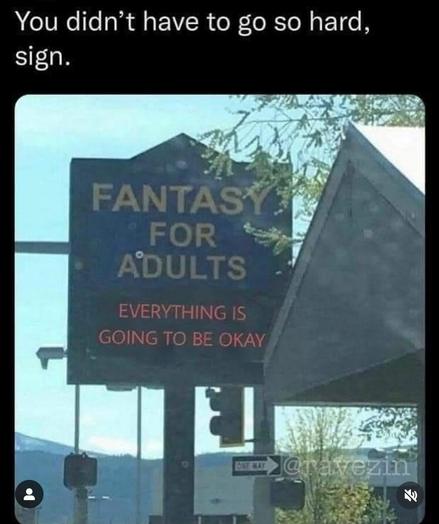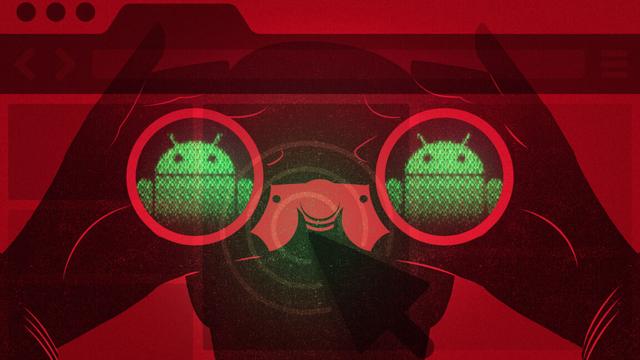Ritualistically Sacrificing People’s Images Upon the Social Media Altar of Hate
It’s honestly kind of disturbing how obsessed people get with random social influencers, whether they’re famous or infamous, and how it’s almost become normal to turn any social media profile into a hate altar. The scariest part is how the line between memes and cult imagery has practically disappeared. Memes started out as just funny, ironic things, but now they’re something way bigger. They’re symbols. There’s actual research on how memes have moved beyond comedy, morphing into tools that shape beliefs and ideologies—just like how cults use imagery to brainwash and control their followers.
Influencers and politicians alike are no longer just figures we joke about—they’re symbols, figures we can either elevate or tear down. We don’t just laugh at them anymore; we turn them into these icons that can launch entire social movements, reshape ideologies, or fuel some ridiculous narrative. It’s not just about making fun of someone anymore. Sometimes, these memes border on something way darker—like worship or destruction—depending on which side of the fandom you fall on.
And it’s terrifying how this kind of obsession has been normalized. People dive into echo chambers where they only engage with content that confirms their biases, and anything remotely opposing is shot down with this obsessive, almost toxic rejection. Extreme views aren’t just tolerated—they’re amplified. It’s not just some online debate over a politician anymore; it’s about people relentlessly tearing apart someone’s reputation or blindly idolizing them to the point where they can’t do any wrong. Research on online behavior shows how this kind of content, all sensationalized and emotionally charged, is addictive—and it distorts how people see the world. Honestly, it’s like living in a digital, distorted version of reality, where everything is turned into outrage-bait just for clicks, likes, and shares. We live in a simulacrum.
What’s worse is the pathology of obsessions is now endemic to societies. It’s one thing to follow someone or engage with their content, but when it starts to consume every part of your online life—every post, every comment, every thought—something’s gone seriously wrong. They invest all this emotional energy into someone they’ve never met, creating a weird parasocial delusion. And in the digital age, it’s gotten out of hand. Some people stalk influencers, track every tiny detail of their personal lives, or even harass them online. It starts as harmless admiration, but when taken too far, it crosses a line into a full-blown obsession that hurts not just the influencer’s image but the mental health of the person obsessed too.
When you think about it, this obsession becomes like some twisted ritual where the target’s image is sacrificed. It’s not just harassment anymore—it’s dehumanization. People twist and distort a public figure’s image so much that it stops being who they are and becomes something else entirely—an idea, a symbol. It’s the same thing cults do to people: the image gets manipulated, and the followers consume it until the person themselves doesn’t exist anymore, just the idea of them. And online, it’s the same story. Figures get turned into icons that are either worshipped or torn apart, their real selves completely lost in the process. It’s like their image is being ritually sacrificed by the collective judgment of the masses—and there’s no space for nuance.
And it’s not just celebrities or politicians who are at risk. Anyone who gets thrust into the public eye through virality can become a target. All it takes is one Tik Tok. The obsessive need to either tear down or elevate a random figure based on personal biases is getting more and more cult-like. It’s become this bizarre, ritualistic form of image destruction where random people or public figures are “sacrificed” at the altar of online outrage. Their whole identity is reshaped to fit whatever narrative the internet wants to push—usually with little regard for fairness or truth. Algorithms play into this, rewarding the most extreme, polarizing content.
How the hell did we get here? How did we go from memes being these lighthearted jokes to this whole twisted, digital ritual where people’s identities get sacrificed for the sake of outrage, obsession, or devotion? Social media has created this bizarre world where the lines between fandom, obsession, and cult-like worship are totally blurred. We don’t just admire or criticize people anymore; we’re engaging with them in ways that are unhealthy, toxic, and Machiavellian. The person stops being a person. They become a symbol. And not just any symbol, but one to either tear down or idolize.
At this point, it’s not even about laughing at a meme, liking a post, or following someone on social media. It’s about ritually altering someone’s image until they’re either a god or a devil, depending on how the viewer sees them. And that’s the truly messed-up part. The online world has become a place where memes can turn into cult icons, and obsessive fixations are normal.
Fediverse Reactions
#addiction #algorithms #AmericanCulture #anarchism #anarchists #anarchy #astroturfing #Bluesky #capitalism #ceremonialMagic #ceremonialMagick #chaosMagick #conspiracyTheories #cult #cults #Cynicism #Discord #Discordians #discourse #disinformation #drugs #dystopian #enshittification #extremelyOnline #fandom #fediverse #idolatry #Mastodon #meme #memetic #memetics #mentalHealth #mentalIllness #misinformation #obsession #occult #occultism #occulture #political #politics #propaganda #radical #radicalization #Reddit #ritualMagic #ritualMagick #rituals #simulacra #socialMedia #socialMediaAlgorithm #surveillanceCapitalism #Threads #toxic #toxicNerds #Twitter



